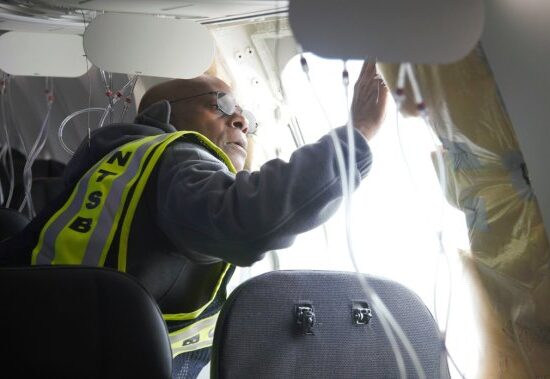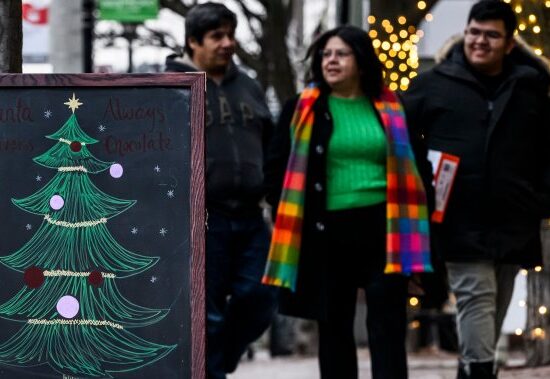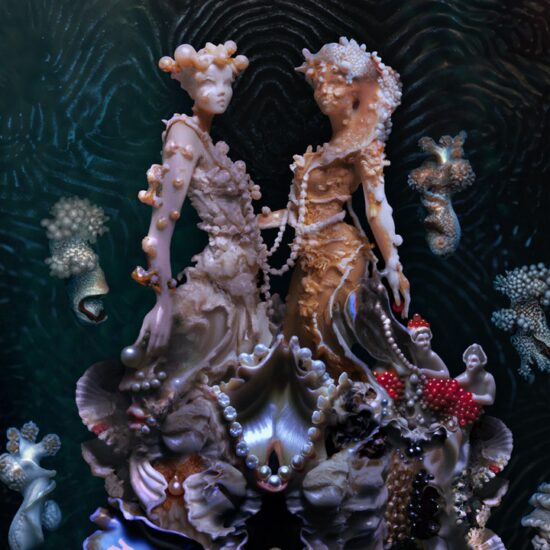
Green Party Leader Elizabeth May said a top-secret briefing on foreign interference this week did not allow her to access key intelligence documents.
Former special rapporteur David Johnston had released an initial report on alleged meddling in Canadian elections in May, along with a confidential annex of evidence that he said opposition party leaders who obtained relevant clearance could review.
May and NDP Leader Jagmeet Singh have both received top-secret security clearance, and May was the first to attend a confidential briefing on Wednesday.
“There’s so much more that I thought I was going to find out about,” May told reporters Friday on Parliament Hill.
She said officials presented her only with two documents Johnston authored — 25 pages in total. The main 20-page annex cited numerous intelligence reports she was not allowed to read, she said.

May said the Privy Council Office is still considering her request for access to all the cited records, saying that she needs them in order to assess the credibility of Johnson’s findings.
The former governor general’s report had concluded that Prime Minister Justin Trudeau’s government didn’t knowingly or negligently fail to act on foreign attempts to interfere in the last two federal elections.
Johnston also concluded, based on the intelligence he reviewed, that Trudeau hadn’t been briefed about specific allegations — though he also found that serious reforms were needed to improve the way government handles sensitive intelligence.
“I expected to have a larger brain burden of reading and comprehending top-secret documents before leaving the room,” May said.
The Green leader said she doesn’t suspect a cover-up, but rather a mistake in how officials interpreted Johnston’s call to allow those with the right security clearance “to review my conclusions and judge whether they are warranted based on the full information contained in the annex.”
May said what she did examine revealed more of the evidence upon which Johnston concluded that there was key context missing in the media reporting around Toronto MP Han Dong.

Dong resigned from the Liberal caucus after Global News published a story citing unidentified security sources who alleged Dong told a Chinese diplomat in February 2021 that releasing detained Canadians Michael Kovrig and Michael Spavor would benefit the Conservatives.
Global had previously published allegations that Dong benefited from Chinese foreign interference in his bid to become the Liberal candidate for his riding in the 2019 election.
The MP has denied all wrongdoing and is suing the news agency over its reports.
May said the questions over the nomination process, in particular, were elaborated on in the documentation she reviewed. “They get into a lot more detail on that, and that’s viewed as confidential and top-secret in the documents,” May said.
Beijing has rejected all claims that it has meddled in Canada’s democracy, though Canadian officials have said China is among the countries that are actively trying to interfere.
May added that she took up the offer to examine the documents in the hopes that she could bridge political partisanship and help inform the debate Canadians are having around foreign interference.
“I want Canadians to have confidence in our elections, our institutions.”
When Trudeau offered to bring opposition party leaders into the fold, Conservative Leader Pierre Poilievre and Bloc Quebecois Leader Yves-Francois Blanchet both declined, saying they saw it as a trap designed to prevent them from speaking about the allegations in public.

Singh’s office said earlier this week that it was working to find a time for him to review documents in Ottawa.
Johnston resigned not long after issuing his first report, citing an atmosphere of hyper-politicization around his work. Before and after that resignation, opposition parties continued to call for a formal public inquiry into the allegations.
May said the Greens have been part of ongoing talks around an inquiry, adding that her party wants it to look at other states in addition to China and be led by one or more commissioners who have the support of all opposition parties. She said the Greens have submitted names of people who might fit the bill.
The B.C. MP was critical of whoever has been leaking intelligence to media, as well as what she calls inappropriate levels of partisanship, saying both are undermining Canada’s security.
She said anyone leaking the information needs to be publicly named and prosecuted, or Canada will undermine the trust of its allies.

“I worry that trying to find out who did this will be cast as a political witch hunt with partisan motives. Every Canadian should care to ensure that our security and intelligence establishment be reliable, that the people who work there take their oath seriously,” she said.
“Foreign state interference in our electoral process is a threat to democracy. So is interference in our political process from agencies of the state.”
She noted the experience of Maher Arar, a Canadian citizen who was tortured in Syria after officials leaked false information that damaged his reputation. She also cited the RCMP public complaints commission’s finding that the force likely influenced the 2006 federal election by naming then-Liberal finance minister Ralph Goodale as being the subject of a criminal investigation.
That history has her concerned about leaks that could originate from the Canadian Security Intelligence Service, she said.
“I think we’ve lost track of the fact that people within CSIS did this deliberately. We don’t know their motives; we don’t know who they are. And they seem to think that they can be protected by their own narrative that they’re whistleblowers. I don’t buy it.”
© 2023 The Canadian Press
















